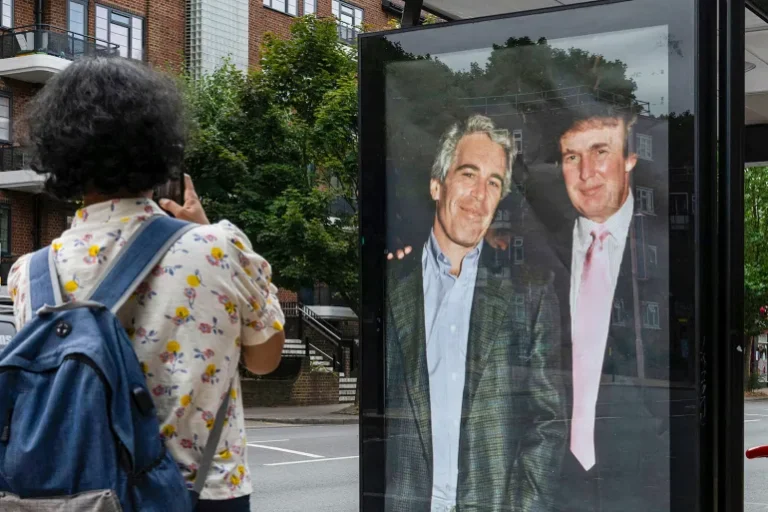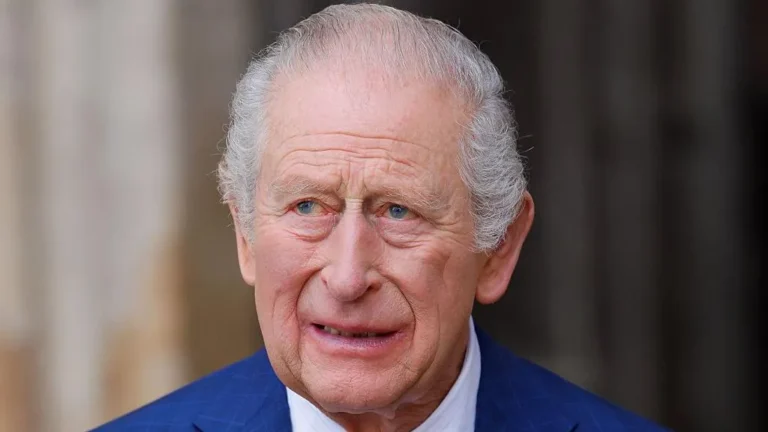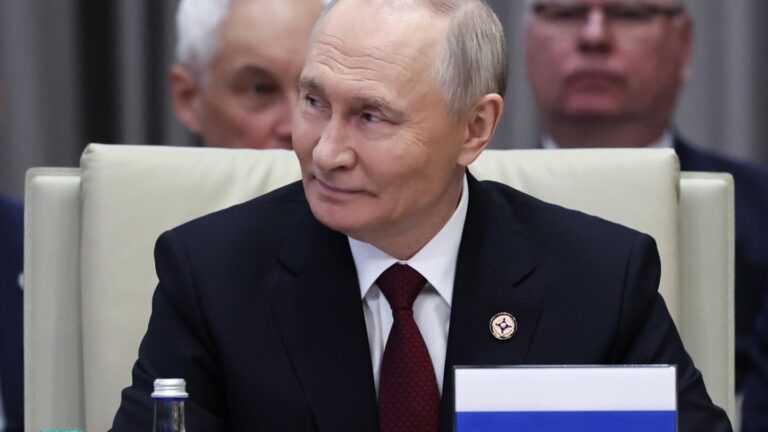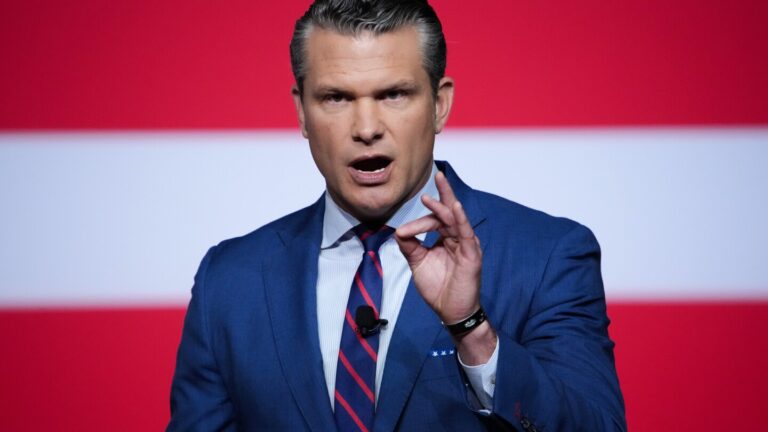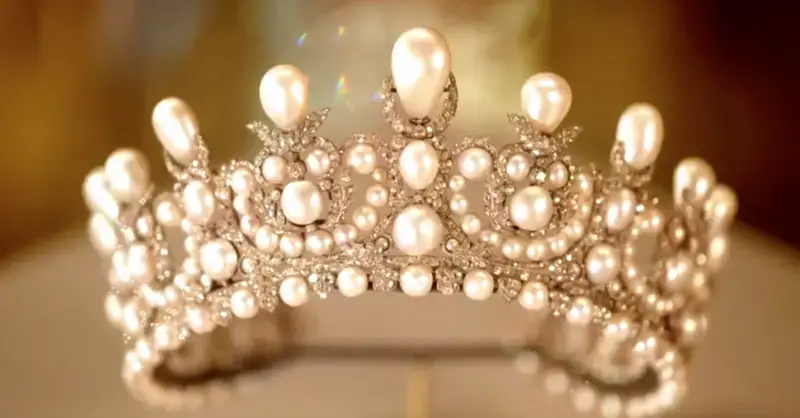
Laurence des Cars, president and director of the Louvre Museum, has testified before French senators regarding the €88m jewellery theft that occurred at the museum on Sunday. Using a ladder mounted on a truck, four masked thieves broke through a first-floor window in under eight minutes, stealing jewels before escaping on scooters.
Des Cars acknowledged that the Louvre had weaknesses in perimeter security, noting that the only camera covering the Apollo Gallery balcony faced the wrong direction. Security staff were alerted five minutes after the thieves arrived, and the police were called shortly thereafter.
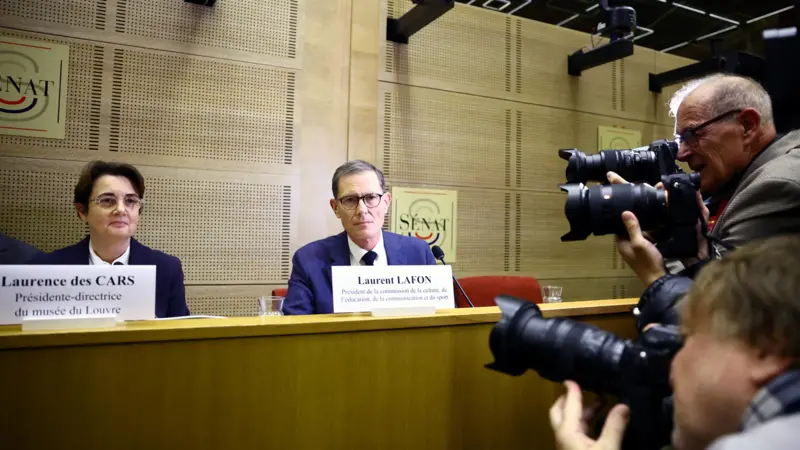
The director highlighted issues with aging infrastructure, obsolete technical equipment, and insufficient external surveillance. She also revealed that the window in the Apollo Gallery had been restored in 2004 with anti-breach features, including thick glass and an electric locking system.
One of the stolen items, a diadem that belonged to Empress Eugénie, was recovered damaged but is believed to be restorable. Des Cars emphasized that protecting the museum’s collection has been an absolute priority, citing chronic underinvestment and outdated systems.
ALSO READ: Israel Marks “Yellow Line” in Gaza as Netanyahu Navigates Peace Deal
Security chief Dominique Buffin stated that arming museum personnel is not being considered; the Louvre prefers police reinforcements. Plans are underway to upgrade the museum’s security system, including doubling the number of cameras and installing a dedicated police commissariat. The largest wing of the museum will undergo security renovations costing €12m, with other wings receiving upgrades between €6-9m.
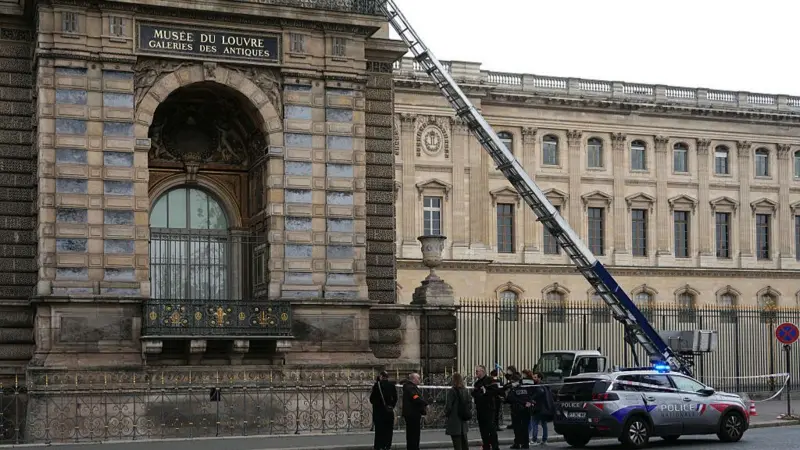
Des Cars described her role as a “whistle-blower” highlighting security risks before the robbery and confirmed she offered her resignation, which was rejected. She called for improvements in perimeter protection and modernized monitoring systems to prevent future incidents.
The heist has exposed gaps in the museum’s security despite previous upgrades, raising questions about responsibility and prompting urgent calls for enhanced safeguards to protect France’s cultural treasures.

